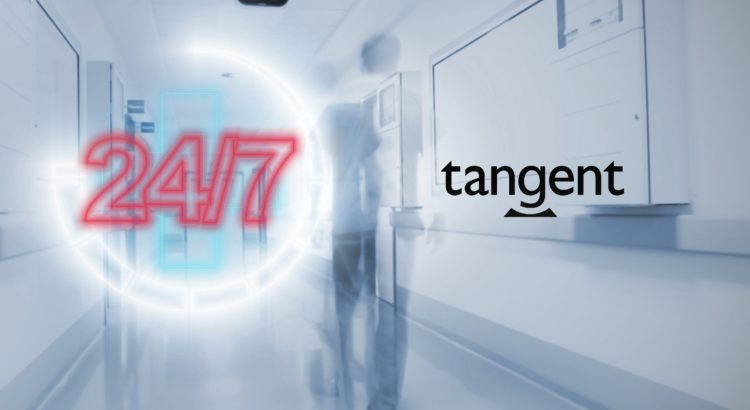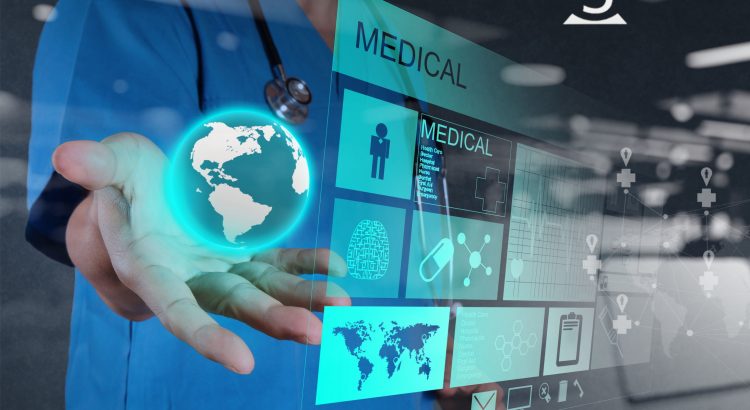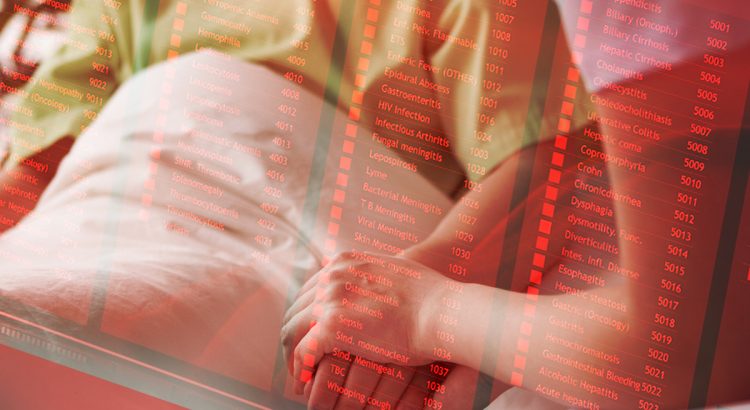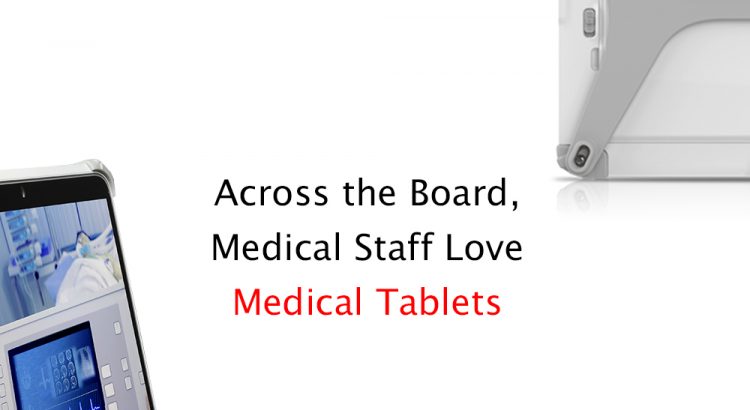Sanitizable Computers Designed For Pop Up And Mobile Clinics Burlingame, CA 3/27/20 – As the world comes together to stave off the coronavirus pandemic, Tangent Computer Inc. has repurposed medical computers in their medical grade computer lineup to be fully usable by pop up and mobile clinics in order to ensure these facilities are fully […]
Category: medical tablet

What Does “Medical Grade” Mean?
You may see the term “Medical Grade” floated along by many manufacturers these days in your search for proper medical equipment. Everyone, from dentist chair manufacturers to medical grade computer manufacturers, lays claim to the term, implying that their product meets the true definition. While there is no central body that organizes the term “Medical […]

Medical All-In-One PCs for 24/7 Use
As one of the most trusted public services, healthcare facilities have an obligation to serve those in their community. Health emergencies can happen at any time, and as such hospitals are expected to be open 24/7. While medical staff can be shifted so that the hospital is constantly staffed and prepared for emergencies, the same cannot […]

The Importance Of Antimicrobial Medical PCs
We all like to think of hospitals as places in society where people go to get healthier, and for the most part this is true. However, this is not always the case as hospitals can inadvertently become breeding grounds for harmful diseases. The CDC estimates that each and every day, 1 in 31 hospitals will […]

How To Prevent Critical Electronic Health Records Mistakes
There’s no doubt that medical grade computers have made hospitals safer, more productive environments to treat patients. From their antimicrobial coating which mitigates the growth of nosocomial infection causing bacteria to their robust IP certified water resistance, medical grade computers have made a lasting impact on the quality of care provided to patients. Sadly, […]

Boosting Efficiency In Your Hospital
While not every healthcare provider is excited about the transition from paper health records to electronic health records (EHR), the amount of time saved by this transition cannot be ignored. When paired with medical tablets, the use of EHRs in the hospital is exponentially faster, allowing medical staff to instantly access patient information wherever they […]

The Importance Of Digital Health Records
In no other field is staying on the edge of technology as important as it is in the medical field. Each day, new advances in medical technology are helping people live longer, happier lives. While some technology can assist in diagnosing, patient care, or even surgery, we should not overlook the clerical side of technology […]

Emergency Services Benefit From Medical Tablets
The fires ravaging California are a grim reminder that the world as we know it is changing, in part, due to climate change. According to the Fourth National Climate Assessment, we can expect the acreage burned by wildfires to increase on a yearly basis as the amount of greenhouse gases in the atmosphere increases. As […]

Medical Staff Love Medical Tablets
These days, it seems rare for groups to be able to find common ground, let alone fully agree on an issue. However, a recent study has shown that over 90% of medical staff comprised of individuals at various levels surveyed felt their institution should support tablet integration in their hospitals and clinics. The survey asked […]
